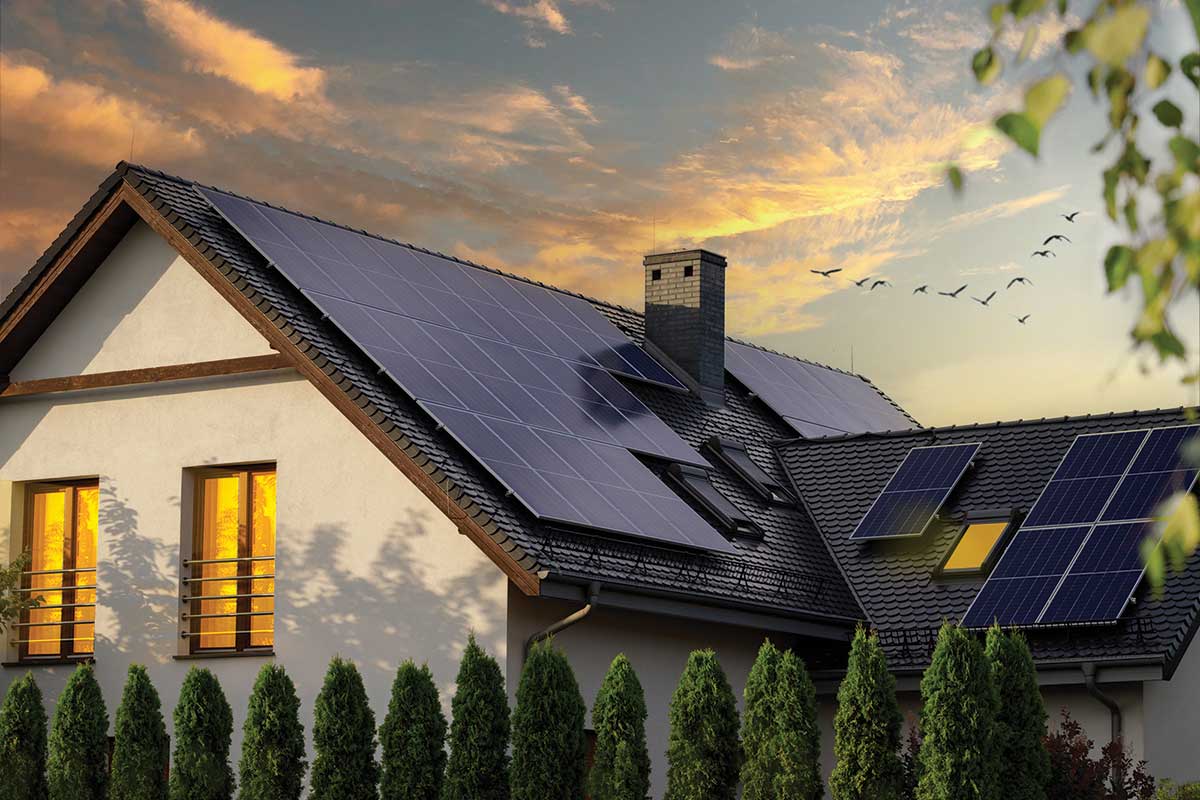If this is the year you make energy efficiency changes in your life—such as completing certain improvements to your home or purchasing an electric vehicle—you could qualify for tax credits through the Inflation Reduction Act of 2022, which was signed into law last August.
The legislation offers funding, programs and incentives to accelerate the transition to a clean energy economy, according to the Environmental Protection Agency. Some of the benefits apply to individuals, including tax credits from the IRS for myriad categories of improvements, as long as certain qualifications are met.
New electric vehicles: If you purchase an EV or electric fuel cell vehicle between 2023 and 2032, you could qualify for a tax credit up to $7,500. The amount varies depending on factors such as battery capacity, date put into service and use, and qualifications like buyer income and vehicle specifications.
New clean vehicles: If you bought a new EV in 2022 or before, you may be eligible for a tax credit up to $7,500. Many of the same qualifications apply, plus the vehicles in this category must have been assembled in North America.
Used clean vehicles: If you buy a used EV or fuel cell vehicle from a licensed dealer for $25,000 or less starting in January 2023, you may be eligible for a used clean vehicle tax credit. The credit equals 30% of the sale price up to a maximum credit of $4,000.
Home energy: Tax credits have been available for residential home energy improvements, and the Inflation Reduction Act of 2022 expanded those options. Variable credits may apply to expenses related to exterior doors, windows, skylights and insulation materials; central air conditioners, water heaters, furnaces, boilers and heat pumps; biomass stoves and boilers; and home energy audits. Residential clean energy credits may apply to solar, wind and geothermal power generation; solar water heaters; fuel cells; and battery storage beginning in 2023.
Energy-efficient home improvements: If you make qualified efficiency improvements to your home in 2023, you may qualify for a tax credit up to $3,200. The credit equals 30% of certain qualified expenses, including improvements installed during the year, residential energy property expenses and home energy audits.
Residential clean energy: If you invest in renewable energy for your main home—such as solar, wind, geothermal, fuel cells or battery storage technology—you may qualify for an annual residential clean energy tax credit. The credit equals 30% of the costs of new, qualified clean energy property for your home installed anytime from 2022 through 2033.
For each category, you must file specific forms with your tax return to claim the credit. Visit irs.gov to find the forms and for more information about the specific credits.


